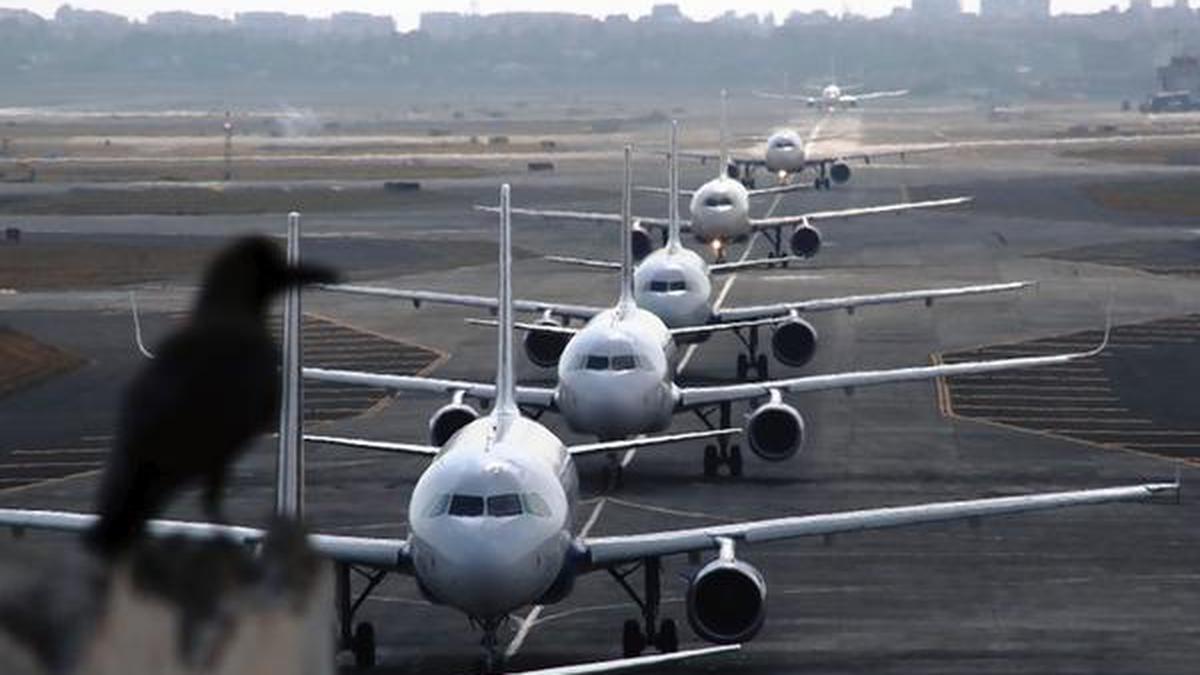Representational file image.
| Photo Credit: Emmanual Yogini
After a six year battle mounted by pilots for relaxed duty hours and enhanced rest, Delhi High Court on Monday (April 7, 2025) disposed of the matter after an undertaking by the DGCA that the implementation timeline for the new norms will kick off from July 1.
In its order on February 24, 2025, the court ruled that the weekly rest for pilots will be raised from 36 hours to 48 hours from July 1 as part of phased-wise implementation of the DGCA’s revised norms for pilots. From November 1, pilots will also see a reduction in their night flying as the definition of night duty widened to include duty between midnight to 6 a.m., instead of midnight to 5 a.m, will come into effect. The maximum number of landings during night duty have also been capped to two.

While airlines like Air India sought 15 days for submitting its scheme to the DGCA, and another 45 days after the approval of their scheme by the regulator for implementing the new rules, the court made it clear that the implementation timeline can’t breach the July 1 timeline. It has allowed airlines 15 days for submitting their schemes, explained the lawyer for Indian Pilot’s Guild, Advocate Neetika Bajaj. Other pilot bodies who moved writ petitions before the court are Federation of Indian Pilots (FIP), and Indian Commercial Pilots’ Association. A physical copy of the court order is awaited.
The Delhi High Court also said that if DGCA breached the July 1 timeline, petitioners could approach the court.
On February 20, the DGCA in its affidavit submitted its plan for staggered implementation of its revised Civil Aviation Requirement. It said out of the total 22 clauses, 15 clauses would be implemented from 01.07.2025 and the remaining 7 clauses would be rolled out from 01.11.2025.

The new set of rules were made public by the DGCA on January 8, 2024 providing airlines time until June 1 for implementation. The airlines contested these on the ground that it would push up manpower requirements, lead to airplane groundings and raise airfares. Subsequently, the regulator put its rules in abeyance and asked the airlines to instead provide the timeline that was convenient to them for implementation.
This forced pilot bodies to approach the court in an ongoing matter. In 2019, pilot unions had approached Delhi High Court against new punitive provisions of the DGCA’s 2019 norms that raised permissible night flying from one night to two consecutive nights, slashed rest periods including for ultra-long range flights, and allowed airlines special dispensation for utilising pilots during unforeseen circumstances such as inclement weather or emergencies.
Published – April 07, 2025 09:45 pm IST
